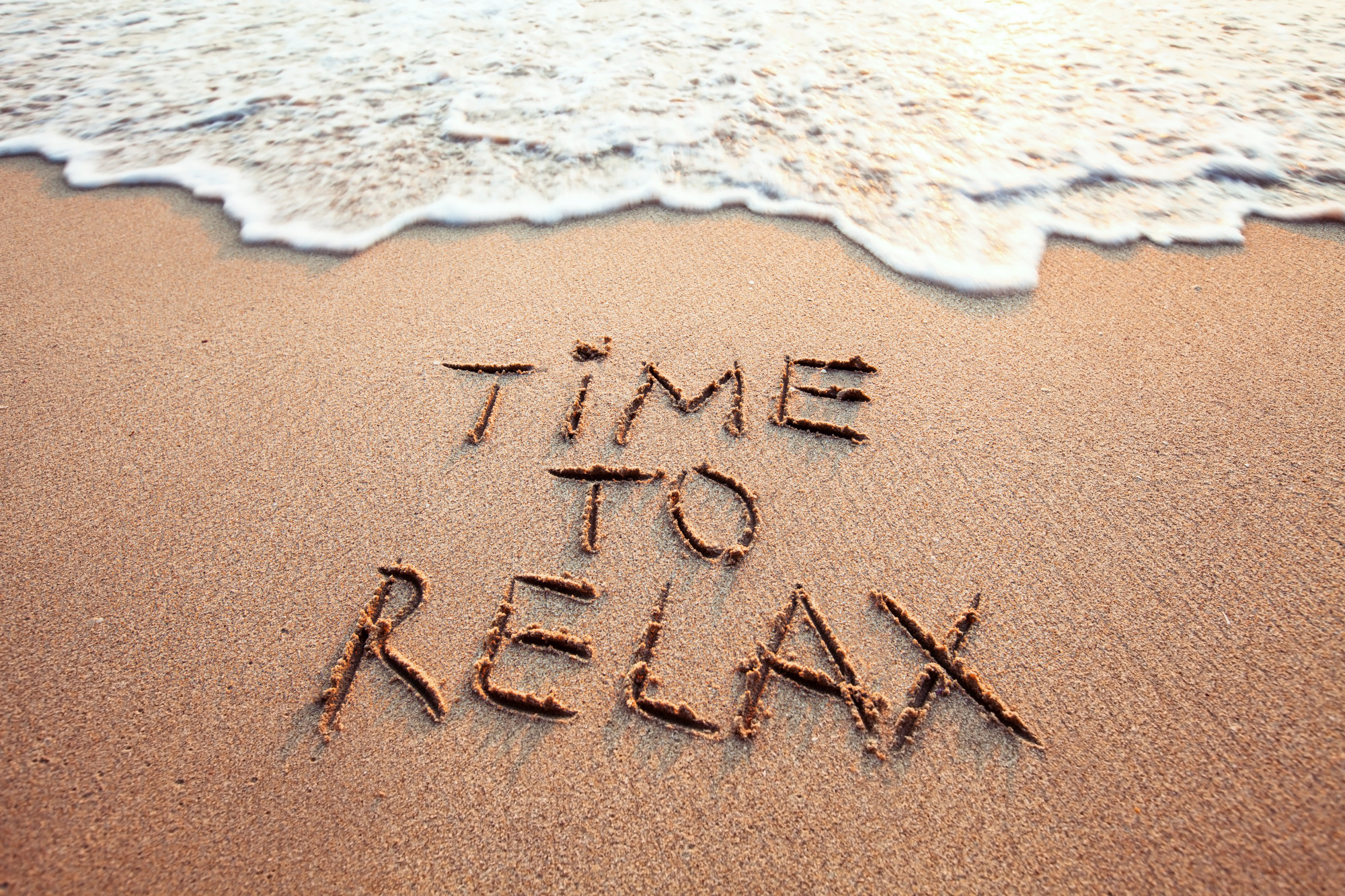
How to Destress Before Bed: The Complete Guide
More than two-thirds of Americans say that their stress levels have increased over the course of the coronavirus pandemic. With widespread uncertainty and restrictions on everyday life, this inevitably has a knock-on effect on our wellbeing and sleep patterns.
You might be wondering how to destress before bed or be looking for some ideas that will help you get to sleep faster.
Keep reading for our top tips to destress your mind and body before going to sleep at night.
Pick up a Book
Our first idea for how to destress before sleeping is to read a book. This is a beneficial exercise for several reasons.
First, the act of reading and immersing yourself in another world will take you away from the day to day stresses of life. Reading lowers stress and will help to prepare your mind for sleep. Opt for a fiction book that is not too dense or difficult to read.
Next, reading is a great nighttime activity as you can do this in a setting that is close to sleeping. Lie down in bed, with only a bedside light on. There will only be a small adjustment from this to the sleeping process, which means both your mind and body can begin to adjust.
Very often, nighttime readers will find that they can hardly keep their eyes open, and will fall asleep almost as soon as they put down their book.
Visualize What You Will Do Tomorrow
Next, those who suffer from stress can feel like their mind is overflowing with things to do and upcoming deadlines. A useful way to soothe anxiety is to walk through the events of the next day in your mind.
Slowly and calmly, envisage what tomorrow will bring: waking up and getting ready, attending appointments and meetings during the day, making dinner in the evening. By thinking through your day in a methodical way, it will seem far less daunting and your stress will reduce.
If necessary, jot down a few important jobs that you don’t want to forget about. Having these down on paper will allow your mind to relax and let go. Make an effort to use an old-fashioned pen and paper for this, because as we’re about to cover, it’s worth trying to not use your phone or computer late at night.
Turn off All Screens
One of the best-known tips for sleeping well is to turn off all screens for a significant period of time before sleeping. This includes mobile phones, laptops, computers, and televisions.
There is a scientific reason for this: electronic screens release a blue light that upsets our circadian rhythm. This means we are subconsciously telling our body that it is time to be awake.
Set your phone to a ‘do not disturb’ mode to prevent temptations to check your notifications when your phone pings. If possible, you can use an alarm clock rather than an alarm on your phone, so that you can leave your phone in another room when you go to sleep.
Not using your phone or laptop is a particularly important step for those trying to lower their stress levels. Social media is a common cause of anxiety for many, so it’s best not to engage with these platforms late in the evening.
Try Meditation or Breathing Exercises
Next, many sleep experts recommend meditation, yoga, or breathing exercises prior to sleeping. By focusing on our bodies and physical processes such as breathing, we can push away the stresses of everyday life.
If practicing yoga or meditation isn’t for you, try closing your eyes and taking long and slow breaths through your nose. This tricks the body into thinking that we are relaxed and lowers the heart rate.
There are also plenty of meditation videos on YouTube that will guide you through deep breathing and mind relaxation exercises.
If after trying this, you still feel stressed and far from sleeping, consider taking melatonin vitamins which are vitamin complexes that encourage sleep.
Drink a Soothing Tea
Another way to relax before bed is by having a hot drink. It goes without saying that you should avoid caffeinated drinks!
Herbal infusions such as peppermint or chamomile are well known for their soothing properties. Many find these drinks are the perfect way to unwind in the evening as they force you to stop, sit, and relax.
Be sure to only take a small cup of your chosen infusion, as you do not want to fill up your bladder and need to get up to go to the bathroom at night.
Brewing and drinking a mug of tea will easily become part of your bedtime routine and this is another way to signal to your mind and body that it is time to sleep.
Take a Bath
Finally, a useful idea for how to fall asleep faster and unwind at the end of a hectic day is to take a bath. Many will consider this an indulgent treat, but there should be no shame in taking time for yourself.
Even if you soak for only ten or fifteen minutes, this can be the perfect bedtime preparation. The hot temperature of the water acts as a trigger for falling asleep. Just make sure you get out of the bath and into bed before dozing off!
You’ll feel your physical aches and stresses slip away while enjoying the lovely aromas of bath oils such as lavender or tea tree.
That’s How to Destress Before Bed
We’ve now been through the best ways to calm your mind at night and allow for a blissful night’s sleep. Try to create a routine that incorporates these steps and stick to it every night. Your brain will recognize these as signals that it is almost time for bed, and sleep will come easier and more quickly.
If you found this article about how to destress before bed helpful, take a look at our other wellbeing posts!
